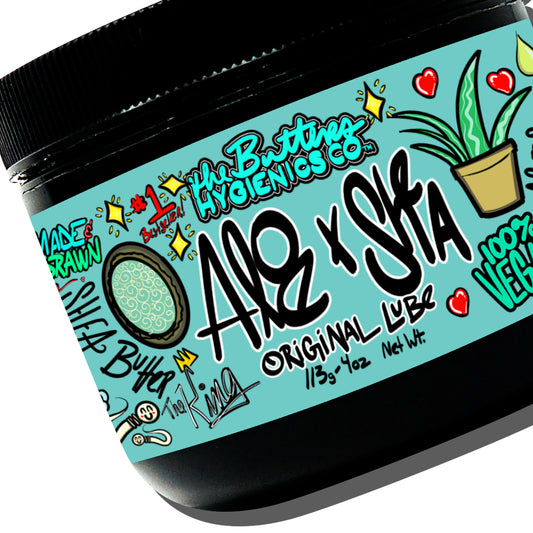
Why Bullies Bully (And How to Stop Being One)
Share
Let’s cut to the chase: if you're here, you’ve probably had a moment of introspection (or maybe a harsh wake-up call) and thought, “Am I kind of a jerk?” The fact that you’re even asking that question is a huge win, but now it’s time to dive deeper. Why do you act this way, and how can you stop being a bully? Let’s unpack the psychology and find some real solutions.
Step 1: Recognize That Bullies Feel Weak (Yes, You Too)
Here's the thing: most bullies aren't raging jerks because they’re naturally awful. They act out because they feel vulnerable, powerless, or insecure. Research shows that bullying often stems from feelings of inadequacy, so you end up trying to make others feel small to puff yourself up.
Reality Check:
Bullies tend to feel rejected or powerless, so they try to flip the script by dominating others. This behavior might give you a temporary high, but in the long run, it leaves you and everyone around you drained. It’s a defense mechanism, but it’s also toxic.
Step 2: Ask, “What’s Driving My Need to Control?”
Whether you've faced bullying yourself or experienced rejection in some form, your behavior might be a reaction to your own pain. Bullies often come from environments where they've been hurt or ignored. You might think that being mean gives you control, but it’s just pain wearing an armor of bravado.
The Good News:
The cycle of bullying can be broken. Reflect on where your anger or insecurity is coming from. Journaling, talking to someone, or even therapy can help you uncover what's driving these negative behaviors.
Step 3: Stop Using People as Your Emotional Trash Can
You don’t need to offload your personal baggage onto other people. When you feel the urge to be nasty, ask yourself, “What am I really upset about?” Is it jealousy? Hurt feelings? Anger? Recognizing your emotions is key to stopping the cycle.
Action Plan:
Next time you feel the bullying urge, pause. Take a deep breath. Remove yourself from the situation. Then process your feelings in healthier ways—whether it’s journaling, exercising, or talking to a therapist or friend.
Step 4: Practice Empathy Like It’s a New Skill
One of the reasons people bully is a lack of empathy—they just don’t connect with the person they’re hurting. To stop being a bully, you’ve got to work on seeing the world from other people's perspectives. Building empathy turns the "me versus them" mentality into "we’re all human."
Empathy Hacks:
- Perspective-Taking: Imagine what the person you’re targeting is feeling. What’s going on in their life?
- Active Listening: Take time to really hear people out. What struggles might they be going through that you're ignoring?
- Intentional Kindness: Commit to doing small acts of kindness for others, even if it feels unnatural at first. You’re rewiring your brain.
Step 5: Own Up to Your Mistakes (And Do Better)
Let’s be real: if you’ve been a bully, you’ve probably hurt some people. But here’s the thing—people respect growth and accountability. You can’t undo the past, but you can show genuine remorse and work on not repeating those mistakes.
How to Apologize Like You Mean It:
- Acknowledge Your Actions: Be specific. Say, “I’m sorry I hurt you by [specific action].”
- Take Responsibility: Avoid phrases like “I’m sorry if you were offended.” Own your actions.
- Change Behavior: Show through your actions that you’re committed to being a better person.
Step 6: If You Can’t Stop, Get Help
If you’ve tried to change but find yourself stuck in the same patterns, it’s okay to ask for help. Therapy, coaching, or even anger management can help you work through the deeper issues fueling your behavior.
Final Thought: Be the Kind of Person You’d Want to Be Around
It’s easy to be a bully, but it takes courage and effort to be a better person. The road to self-improvement is hard, but it’s worth it. You’ll feel better about yourself, and the people around you will notice the change. So let’s put the bullying behind you—your future self will thank you.




